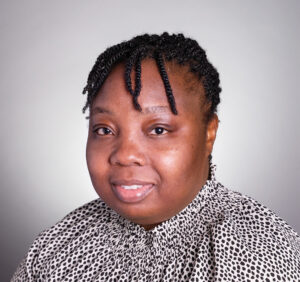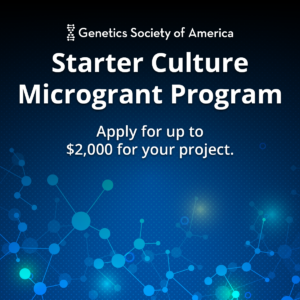GSA is pleased to announce the recipients of the DeLill Nasser Award for Professional Development in Genetics for Spring 2024! Given twice a year to graduate students and postdoctoral researchers, DeLill Nasser Awards support attendance at meetings and laboratory courses.
The award is named in honor of DeLill Nasser, a long-time GSA supporter and National Science Foundation Program Director in Eukaryotic Genetics. Nasser was regarded by some as the “patron saint of real genetics,” shaping the field through more than two decades of leadership. She was especially supportive of young scientists, people who were beginning their careers, and those trying to open new areas of genetic inquiry. For more about Nasser, please see the tribute from Scott Hawley, published in the August 2001 issue of GENETICS.
Anush Chiappino-Pepe
Harvard Medical School

I work at the interface of synthetic biology and computational biology, decoding and expanding genome functions to introduce new chemistries in cells.
Brenda Cabrera Mendoza
Yale University
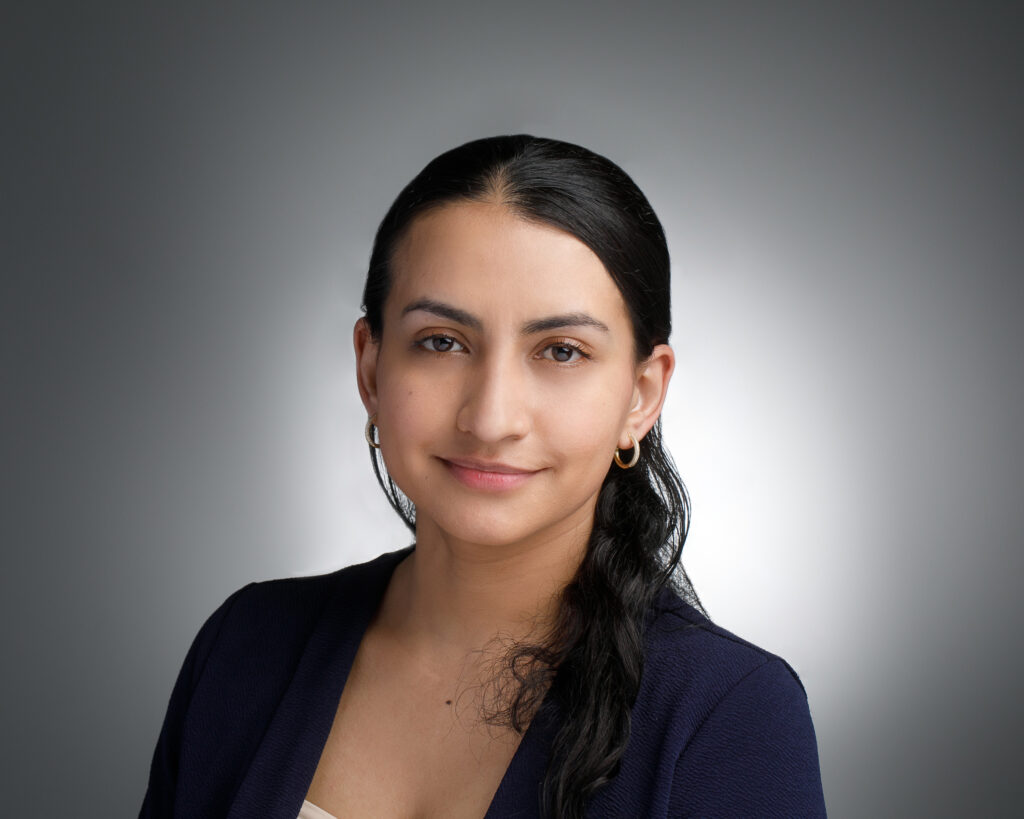
I study the biological and genetic factors that contribute to suicide and addictions.
McKenna Feltes
Johns Hopkins University
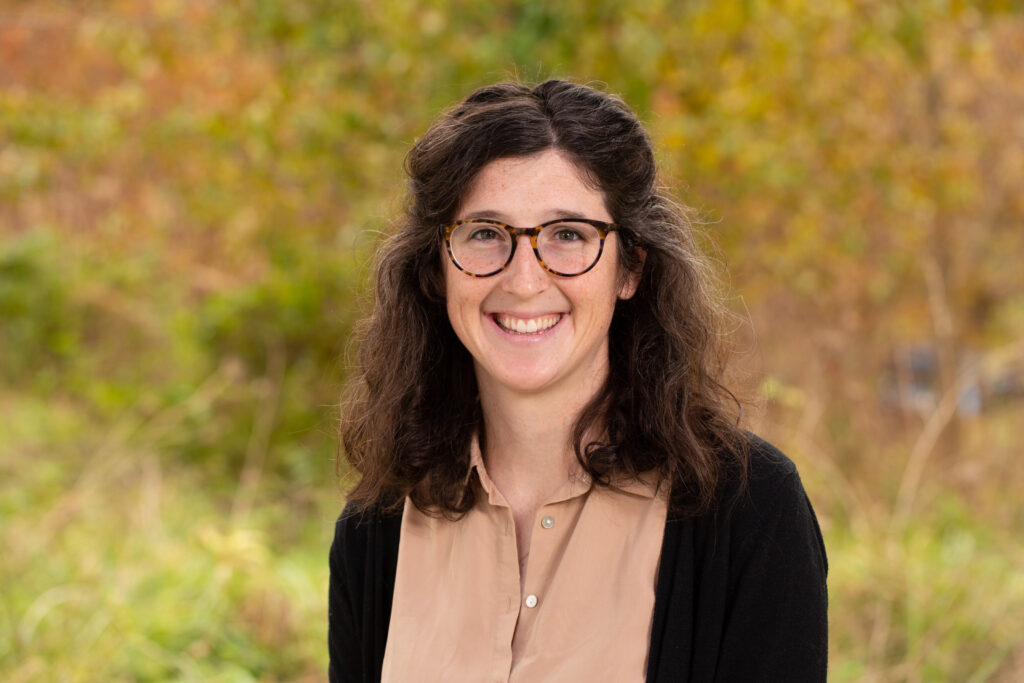
My research aims to identify new genes involved in lipoprotein synthesis to better understand how genetics contribute to the development of dyslipidemia—a major risk factor for cardiovascular disease, which is the leading cause of death worldwide.
Leticia Magpali
Dalhousie University

My PhD research focuses on the evolution of acoustic genes and sounds of toothed whales.
Sylvia Durkin
University of California, Berkeley
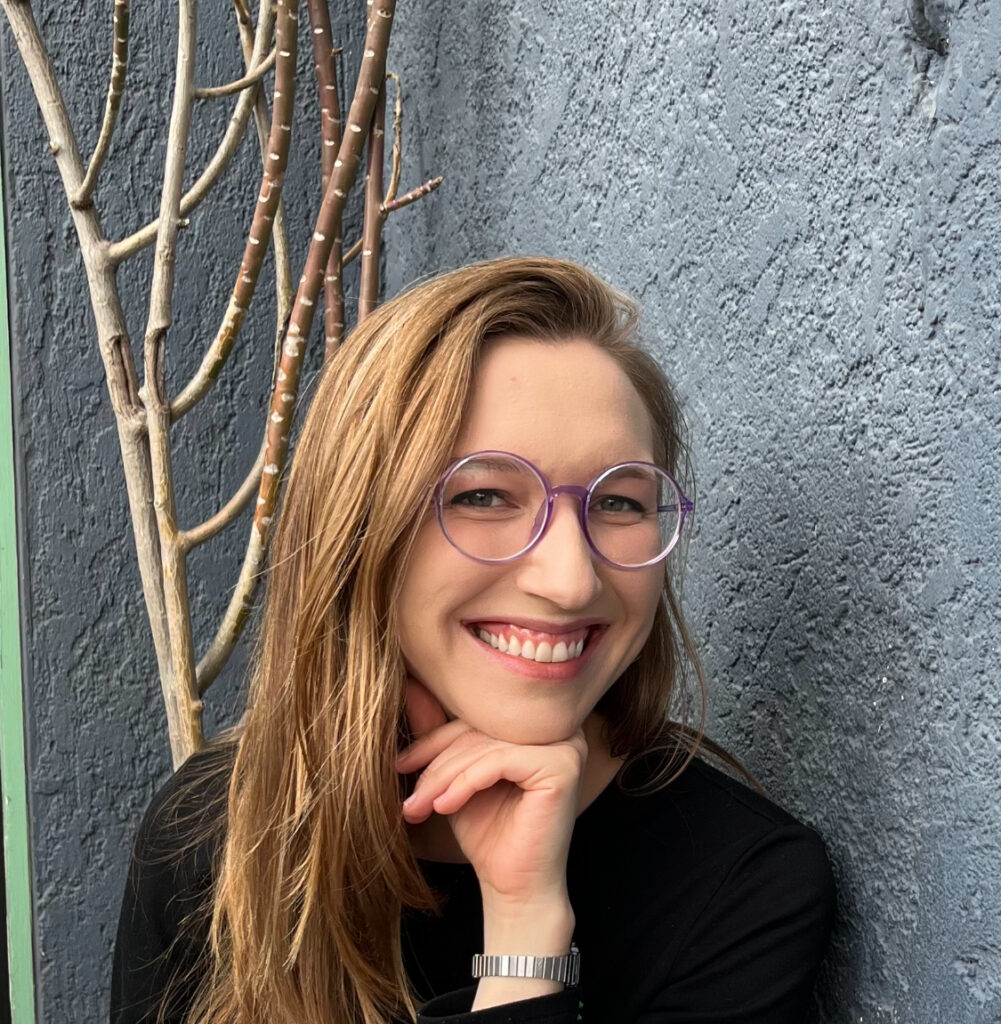
My work focuses on how genetic changes and environmental conditions together contribute to thermally adaptive phenotypes in tropical and temperate house mice (Mus musculus domesticus).
Toheeb Oyerinde
University of Medical Sciences
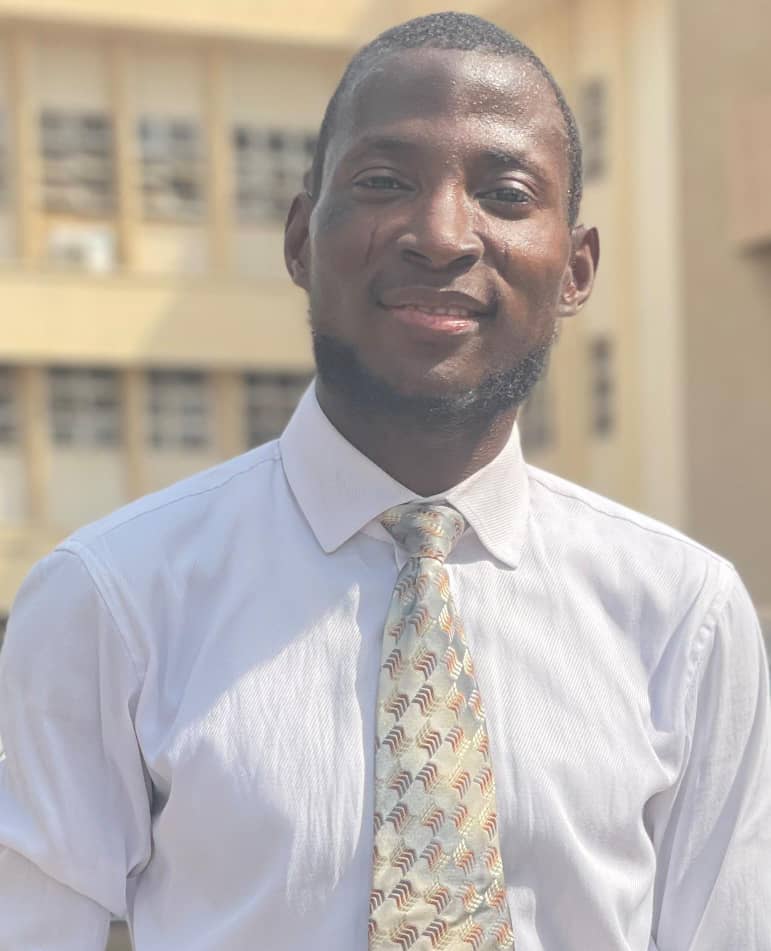
I am studying how environmental exposure, specifically exposure to heavy metals, influences the genetics associated with Autism Spectrum Disorder using C. elegans as a model organism.
Ben Hopkins
University of California, Davis
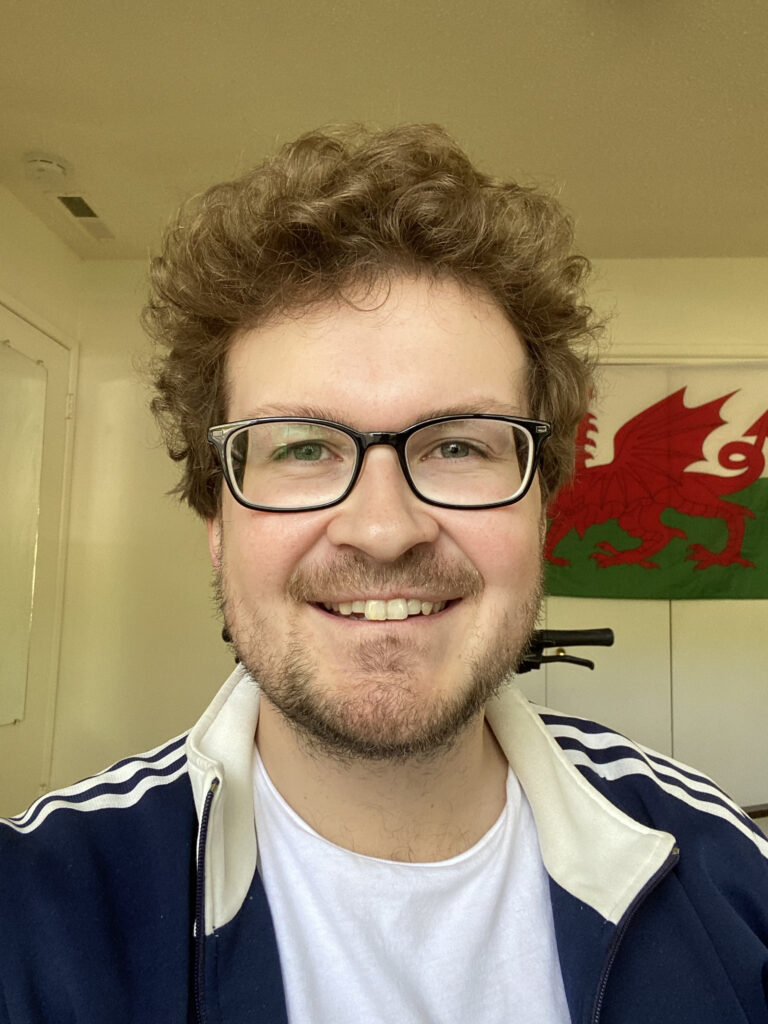
My work seeks to understand how evolutionary change at the cell type level drives the evolution of organ function.
Darren Lam
Stanford University
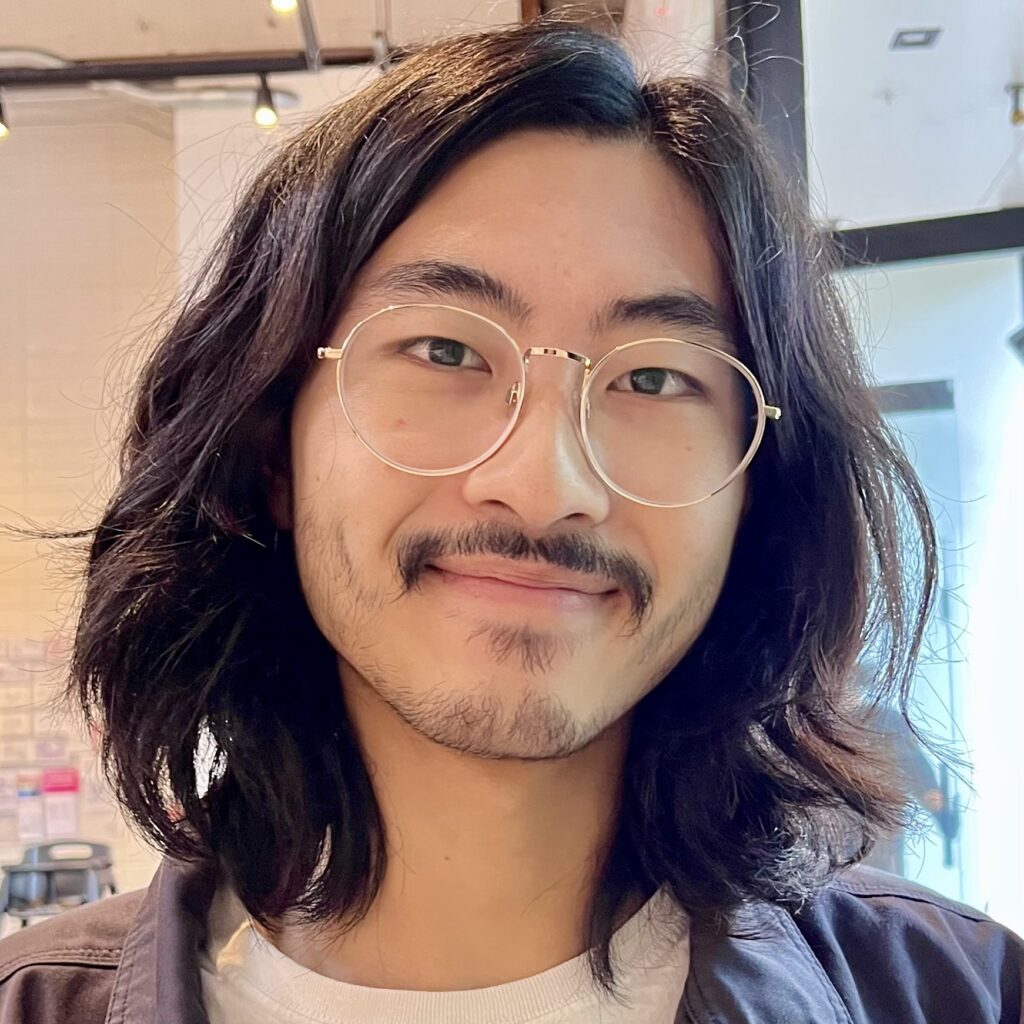
I am studying the mechanisms and evolutionary reasoning behind microbial cell death programs.
Austin Daigle
University of North Carolina, Chapel Hill
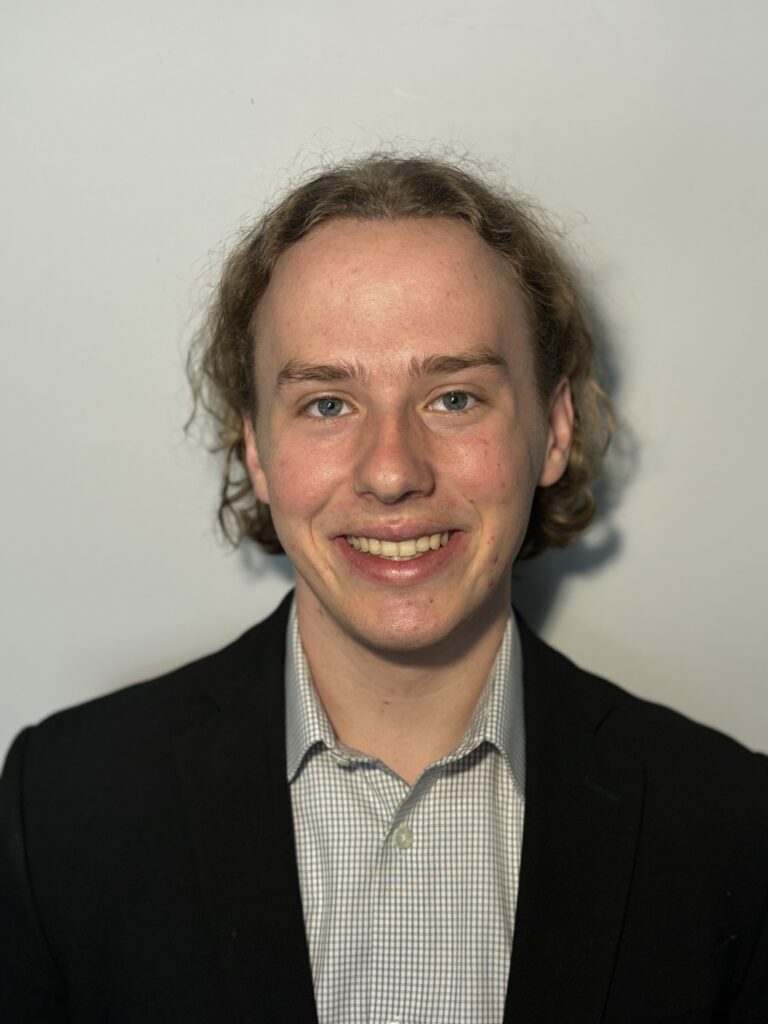
I study how natural selection, demographic history, and genome architecture shape genetic variation in natural populations.
Ayawovi Selom Ametepe
University of Arkansas
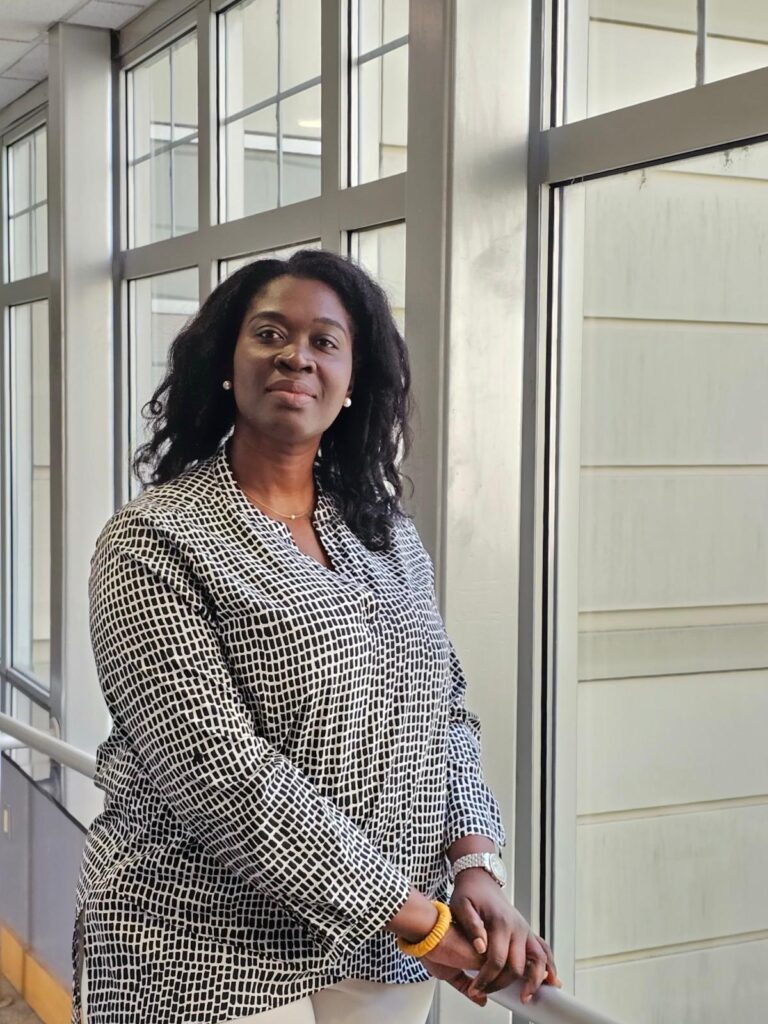
My PhD project focuses mainly on investigating the functional importance of structural domains in the Drosophila Robo3 axon guidance receptor.


